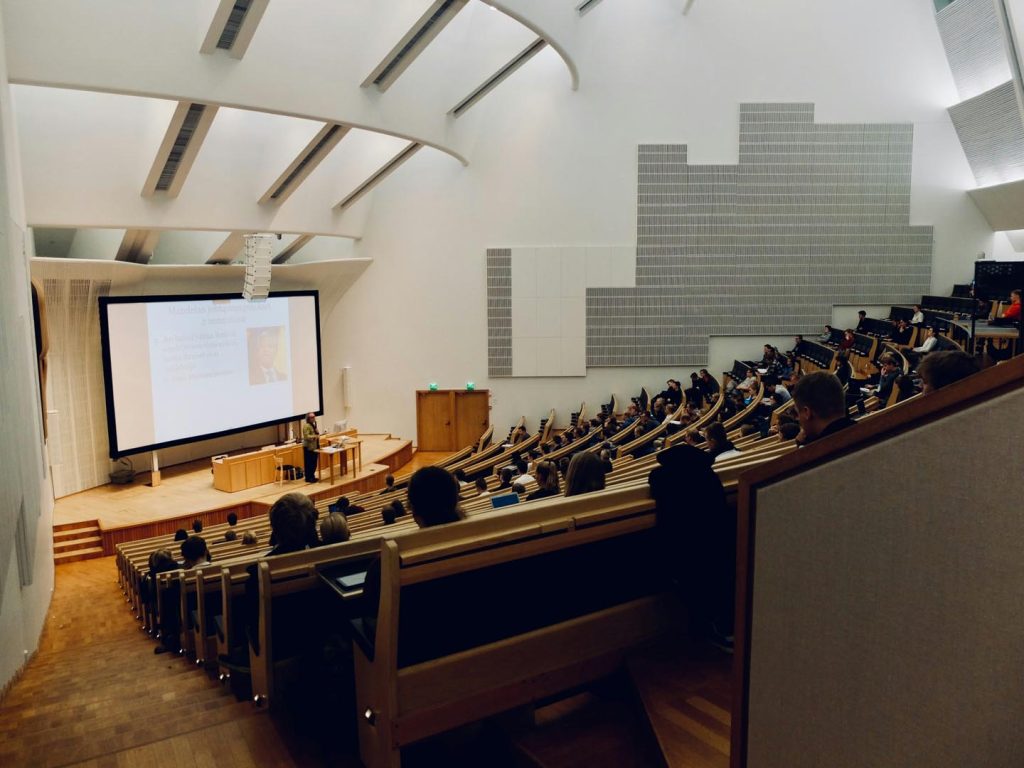Education
Education
Improving results in universities or colleges requires a multifaceted approach that addresses various aspects of academic excellence, student success, institutional effectiveness, and stakeholder satisfaction. Here are some project ideas tailored to the education sector:

1. Curriculum Enhancement and Program Innovation
- Curriculum Review: Review academic programs to align with industry trends and employer demands.
- Experiential Learning Integration: Integrate internships, co-ops, and service projects to enhance practical skills.
- Interdisciplinary Programs: Develop courses bridging disciplines to tackle societal challenges and spur innovation.
2. Student Support and Success Initiatives
- Advising and Mentoring Programs: Establish personalized guidance, career counseling, and support services for students.
- Student Success Centers: Create hubs offering tutoring, coaching, workshops, and resources to support academic success.
- First-Year Experience: Develop programs to aid in students’ college transition, promote academic engagement, and build community.
3. Technology Integration and Digital Learning
- LMS Enhancement: Improve the LMS with interactive features, multimedia resources, and mobile accessibility for blended and online learning.
- Online Course Development: Create online courses and degree programs using instructional design, multimedia content, and interactive tech to engage students.
- Virtual Labs and Simulations: Implement virtual labs and simulations for hands-on learning in a virtual environment.

4. Research and Innovation Centers
- Research Centers Creation: Establish research centers focusing on university strengths and strategic priorities.
- Industry Partnerships: Collaborate with industry, government, and nonprofits for research, technology transfer, and knowledge exchange.
- Entrepreneurship Programs: Support faculty and student startups and technology commercialization from university research.

5. Diversity, Equity, and Inclusion (DEI) Initiatives
- Diversity Recruitment and Retention: Implement strategies to recruit, retain, and support diverse student body, faculty, and staff.
- DEI Curriculum Integration: Integrate diversity, equity, and inclusion into curriculum and activities to foster understanding and social justice awareness.
- Multicultural Centers: Establish centers, safe spaces, and affinity groups for underrepresented and marginalized students, offering support and advocacy.
6. Institutional Assessment and Continuous Improvement
- Learning Outcomes Assessment: Implement processes to assess student learning outcomes, program effectiveness, and institutional performance.
- Program Accreditation: Pursue accreditation and quality assurance certifications to comply with industry standards and benchmarks.
- Benchmarking: Compare institutional performance with peers and industry benchmarks to identify strengths, areas for improvement, and best practices.
7. Community Engagement and Partnerships
- Community Outreach Programs: Develop initiatives connecting students, faculty, and staff with local communities to address social needs and foster positive social change.
- K-12 Pipeline Programs: Partner with K-12 schools and educational organizations to create programs promoting college readiness and access for underserved students.
- Alumni Engagement and Philanthropy: Foster alumni engagement and philanthropic support through networks, campaigns, and stewardship programs to enhance institutional resources and support scholarships, research, and campus improvements.
8. Sustainability and Environmental Stewardship
- Sustainability Education and Initiatives: Integrate sustainability principles, environmental education, and social responsibility into the curriculum, campus operations, and student activities to promote sustainability literacy and environmental stewardship.
- Green Campus Initiatives: Implement green building practices, energy conservation measures, waste reduction programs, and renewable energy solutions to reduce the university’s environmental footprint and promote sustainable development.
- Research and Innovation for Sustainability: Foster interdisciplinary research and innovation in sustainable technologies, renewable energy, climate resilience, and environmental conservation through collaborations and partnerships.
By implementing these projects, universities and colleges can enhance academic quality, student success, research excellence, community engagement, and institutional effectiveness, leading to improved outcomes and greater impact in the education sector.